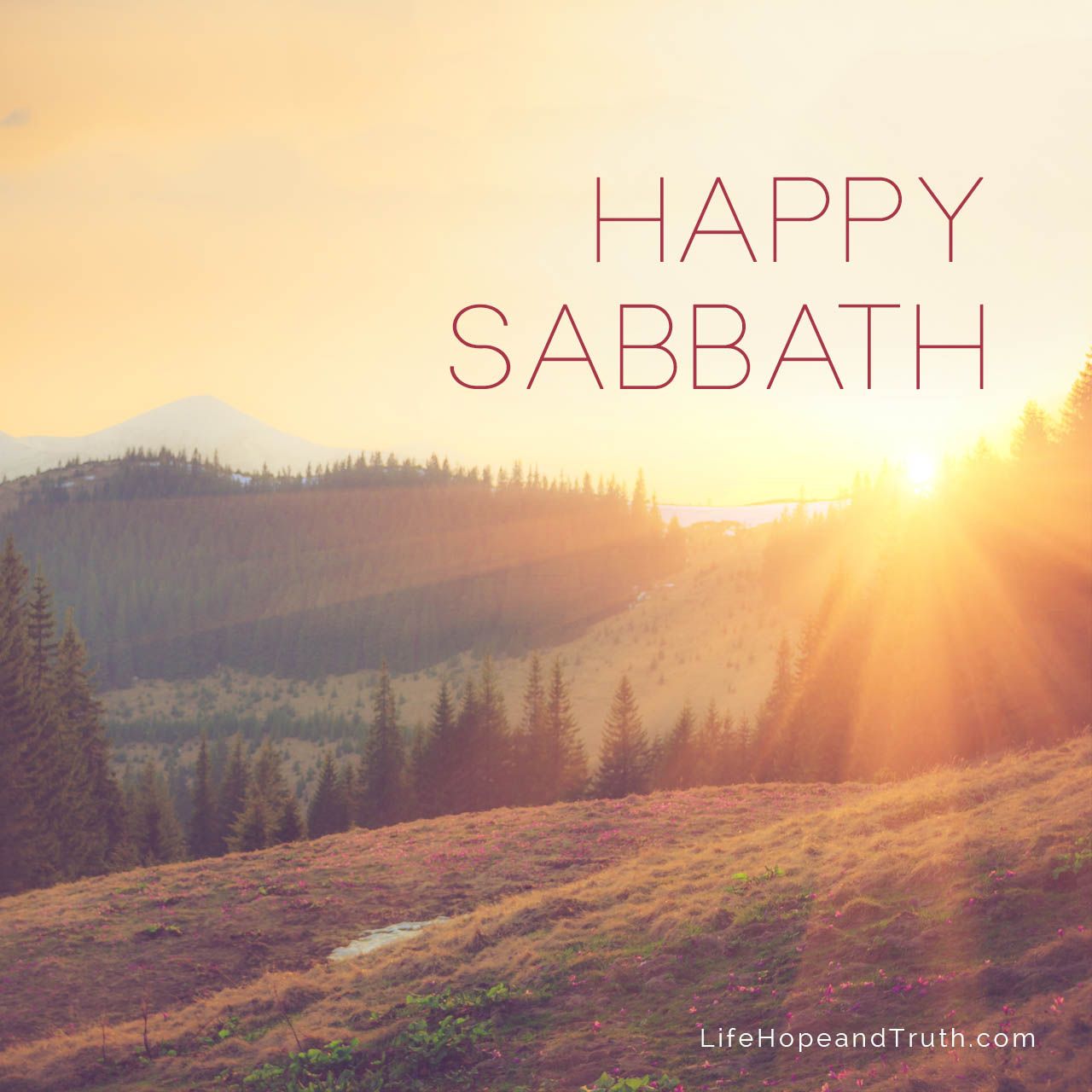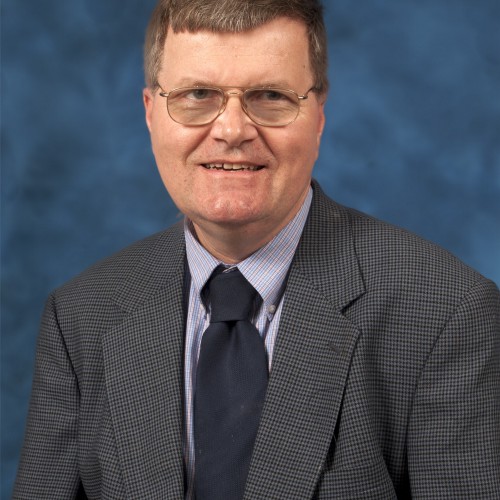
I’ve been trying to stay ahead of the instant messaging. I find it a challenge-it’s like trying to reel in a fish and then have other fish jumping out of the water simultaneously. Another image that comes to mind is standing at a griddle and forever tossing pancakes on plates!
We are increasingly living and working in a faster paced environment. Like selecting your television remote to play again a desired movie or television series from Netflix, our working lives and what others expect of us can feel like you are “on demand. “
There is no time for reflection, hardly an opportunity for clarification of what is being asked for, instead the procedure needs to be done now.
As the Doors once said:
“We want the world and we want it now! “
The challenge becomes, however, is that our notion of time can differ greatly from others and from different cultures. Some of us from western societies tend to view time as linear, i.e. there is the past, the present and the future.
Other societies will view time as more of a circular process, there is birth, there is death and then there is rebirth.
John Potts has noted:
For long sections of its history, humanity has understood time and space through the prism of mythology, which provided narrative descriptions of the origin and nature of the world. Religion provided a later account, as did philosophy and, most recently, science. The experience and conceptualization of time and space have been rendered in many forms, according to many systems of thought; there are striking differences, as well as surprising similarities, between the earliest mythological descriptions of the origin of the universe and the Big Bang theory of contemporary physics. A
by J Potts – 2015
Another dynamic that is at play is the importance of remembering anniversaries. We may remember an anniversary like the first Earth Day fifty years ago. Another society will remember an atrocity that occurred eight hundred years ago-and the memory of it will be as vivid as if it happened yesterday. This phenomenon has created great confusion and consternation for some diplomats as they try to pursue effective diplomacy with other countries.
We don’t appreciate time the same way.
How then do we remain calm and not reactive to the ever-increasing speed of life and remember again the cycles that are rooted in eternity?
I would suggest that we need to take the long view regarding how we appreciate time. Although what we do with our lives is important, we need to be aware that we are a part of a greater process in creation. What is manifesting itself now in our present circumstance may not have full effect until centuries from now.
This notion doesn’t mean that we must appreciate ourselves less as a part of creation, but it may mean that we adjust our perspective in terms of what is really of immediate importance right now.
Those who came before us sought solace in the turning of the seasons, of ritual both found in cultural and religious, secular expressions and in the knowledge that life continues unto generation to generation.
We need to remember what Paul Tillich said regarding focusing on “ultimate things. “
Now, if I can just get rid of my startle response to instant messaging!
May it be so.

